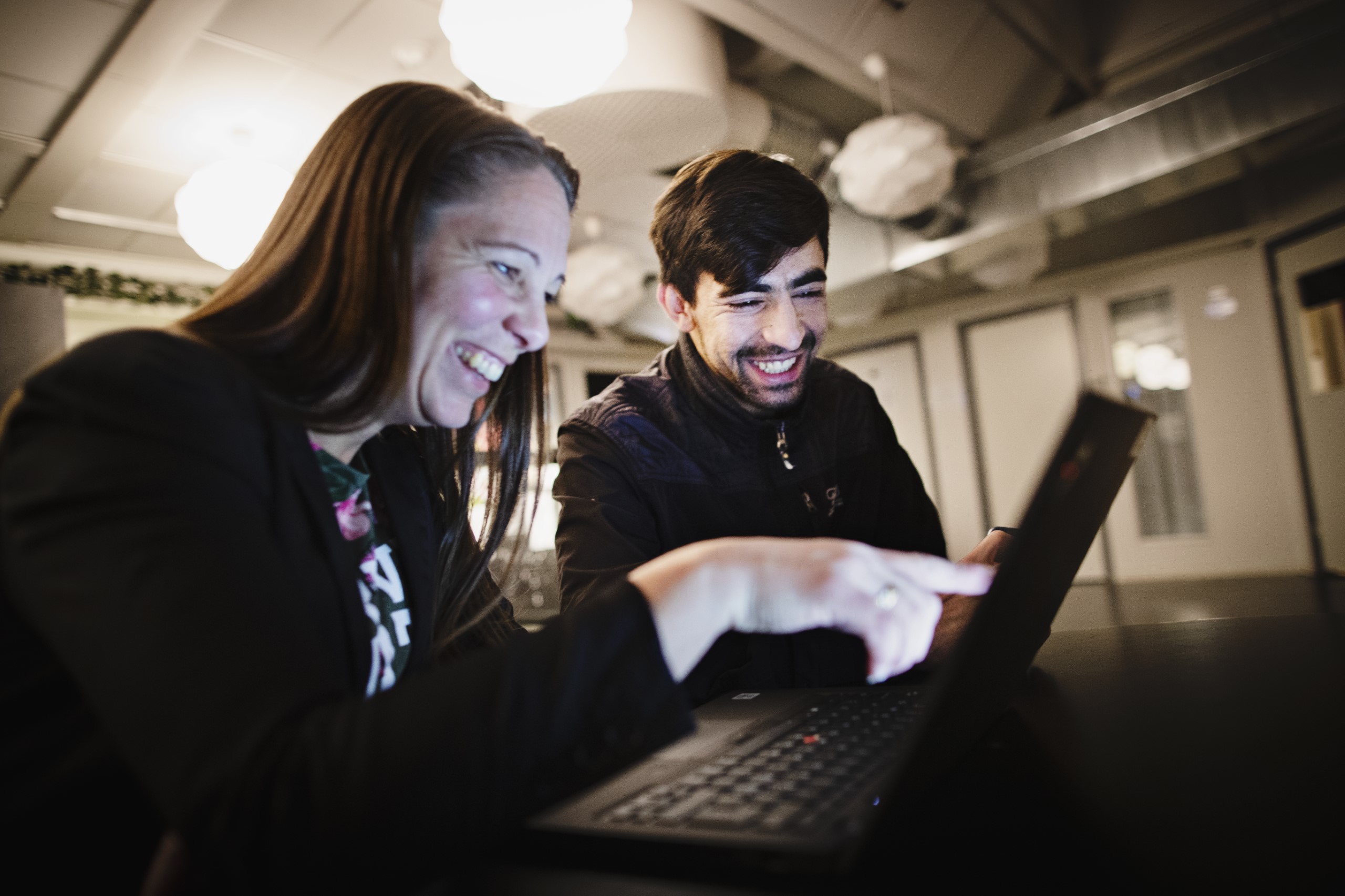Helping immigrant youths secure a future in Sweden through education and employment

Supporting youths’ transition into employment and long-term residency in Sweden
In Sweden, Save the Children has embarked on a project that targets its work toward youth between the ages of 15 and 24. In particular, outreach focuses on youth who applied for asylum as unaccompanied minors in 2015. These young people are required to obtain a high school education, then find employment within six months, in order to maintain residency; if these requirements aren’t met, they must return to their country of origin, despite most of these young people having lived in Sweden for many years. Alexandra Fritzson, National Program Coordinator, Children on the Move for Save the Children in Sweden says, “This is a group that has been psychologically damaged by the system.” They are often disadvantaged when it comes to having extensive personal support networks, by virtue of their recency in coming to Sweden.
Save the Children hopes to holistically support these young people, particularly as they navigate the unique circumstances created during the COVID-19 pandemic. Microsoft contributed to Save the Children to support this project, aligning with the commitment to build local partnerships in the communities where datacenters are located.. Save the Children is working with local municipalities in order to provide mental health support, knowledge of the labor market, and networking to facilitate job placement. “Our project will get youths into the job market, but also meet their health needs and provide them with the right networks to create a life in Sweden,” says Fritzson.
“The COVID-19 pandemic was a very harsh new reality for the group.”
—Alexandra Fritzson, National Program Coordinator, Children on the Move for Save the Children in Sweden
Addressing challenges posed during the COVID-19 pandemic
Many of this project’s approximately 50 participants had been studying practical trades prior to March 2020, which became much more difficult as in-person schooling shut down. Additionally, competition for many of the occupations these young people were applying to (like restaurant jobs or service industry roles) was greatly increased, due to many people having become unemployed. “The COVID-19 pandemic was a very harsh new reality for the group,” according to Fritzson, and students no longer had the typical support systems in place through the schools.

To provide mental health support, Save the Children has a psychologist available for individual meetings and provides workshops around stress management and reduction and the creation of routines. This aims to help improve participants’ self-esteem as well, as they become more confident in their abilities to overcome challenges.
Skills training takes place around the details of job seeking: how to write a CV, find job openings, and prepare for job interviews. Young people are provided with opportunities for mock interviews and Save the Children is able to provide references for job seekers. There is also coaching around soft skills, like workplace norms and cultural expectations.
In order to build job networking opportunities, participants are connected with companies in the area for site visits. Interested companies can share job openings directly with Save the Children, and applicants are mentored throughout the application process. Job seekers are also given the opportunity to explore their competencies and identify their best match for a future career
Enabling Save the Children to maximize their efforts
This project required substantial funding; the asylum, migration, and integration fund (AMIF) makes a substantial part of the project’s budget, but the contribution from Microsoft frees up Save the Children to focus on its most important work—helping their youth—rather than securing funds. Fritzson explains, “The fact is these kids are running out of time. So the funding from Microsoft gives us the chance to actually make a difference to these kids, instead of chasing finances, because it’s a matter of them being able to build up their future in Sweden or not. This is an important job that we’re doing.”


